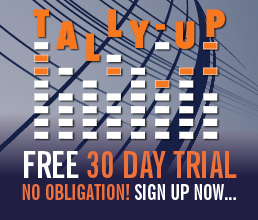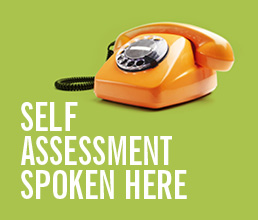For a lot of people paying tax on a large slice of what they have accumulated over a lifetime may well be the most unappealing of all Crown debts. This is probably due to the fact that the two unavoidable certainties, ie death and taxes, will inevitably come together one day.
Unavoidable possibly, but definitely reducible. Here is a small list of helpful facts:
To work out the value of your estate, HMRC asks your executors to add up all your assets, including your home, your savings and investments (even individual Savings Accounts and any other tax-free savings accounts), valuables (such as jewellery, artwork, and cars), certain life insurance policies, and the value of any debts other people owe to you when you die. (Anything that you leave to your spouse or civil partner can be ignored for this calculation; gifts between spouses and civil partners are totally exempt for inheritance tax purposes.).
But the process doesn’t end there. HMRC also looks back to the previous seven years and to the value of your estate and add the amount of certain gifts you made to others during the period.
For inheritance tax purposes all your assets are valued on the date you die or when you gave them away, not the date you bought or acquired them, or the date you included them in your will (assuming you have one).
Executors can deduct the following from the value of your estate.
- Certain exemptions (such as donations to national galleries and museums, and gifts to housing associations)
- Charitable donations (left in a will)
- Costs of winding up your estate
- Funeral costs
Once the executors have established the value of your estate, HMRC deducts the nil-rate band (£312,000 for 2008-9, rising to £325,000 in 2009-10 through to 2012-13 (and £329,000 in 2013/14 as proposed by the new Autumn Budget). The band is called nil-rate because the tax rate on this slice of the estate is zero. Every estate is allowed to distribute assets – tax-free – up to the threshold set by the nil-rate band. But if the value of the estate is more than the nil-rate band, inheritance tax is payable at the flat rate of 40 per cent.
Hopefully, some of what we have pointed out will help you understand your own potential exposure to IHT, or that of your family.
The good news is that inheritance tax is often referred to as the ‘voluntary tax’, being easily reducible with proper planning.
If you feel that your personal circumstances require professional advice, simply give us a call on 0131 552 9100 and we will try to answer your specific queries and/or pass you on to our own IHT consultant.


